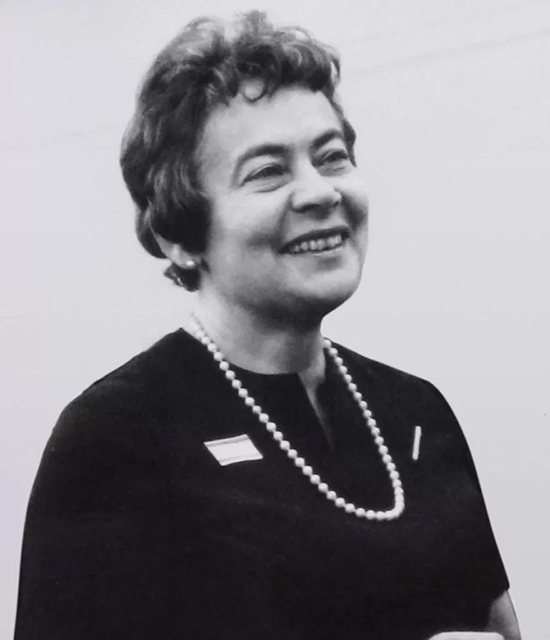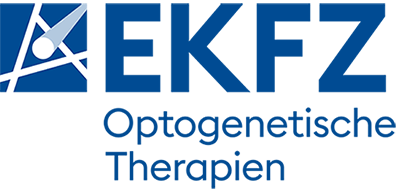Die Optogenetik eröffnet neue Wege in der Medizin: Durch gezielte Lichtsteuerung genetisch veränderter Nervenzellen könnten schon bald innovative Therapien gegen Taubheit, Blindheit, Magenlähmung oder Bewegungsdefizite Realität werden. Am Else Kröner Fresenius Zentrum für Optogenetische Therapien arbeiten Forscherinnen und Forscher daran, diese bahnbrechende Technologie für die klinische Anwendung nutzbar zu machen.

Aktivität
mit Licht
Else Kröner-Fresenius Stiftung
Forschung
fördern.
Menschen helfen.
Die Else Kröner-Fresenius-Stiftung fördert medizinische Forschung und humanitäre Projekte.
Mit über 2.600 geförderten Vorhaben und einem jährlichen Fördervolumen von mehr als 70 Millionen Euro zählt sie zu den größten Stiftungen ihrer Art. Die Stiftung finanziert sich vor allem durch Dividenden des Gesundheitskonzerns Fresenius, dessen Hauptaktionärin sie ist.


Optogenetik für die klinische Anwendung
Mit Licht
in die Zelle
Am Else Kröner Fresenius Zentrum für Optogenetische Therapien werden neue klinische Anwendungen entwickelt, die Licht zur gezielten Steuerung von Nervenzellen nutzen. Möglich wird dies durch lichtempfindliche Proteine (Opsine), die gezielt in bestimmte Zelltypen eingebracht werden. So entstehen innovative Behandlungsansätze für Taubheit, Blindheit, Magenlähmung und motorische Defizite. Ziel ist es, die Optogenetik aus der Grundlagenforschung heraus in die therapeutische Praxis zu überführen – für Patient*innen, die bisher kaum Behandlungsoptionen haben.
EKFZ Akademie für Optogenetische Therapien
Weiterbildung
in Forschung
Die Akademie des Else Kröner Fresenius Zentrums richtet sich an exzellente Nachwuchswissenschaftlerinnen, die sich für die Translation von Grundlagenforschung in klinische Anwendungen und den Wissenstransfer in die Industrie begeistern. Ziel ist die Ausbildung einer neuen Generation translationaler Wissenschaftlerinnen.
Das interdisziplinäre Weiterbildungsprogramm umfasst Themen wie Patentrecht, GMP/GCP, Arzneimittelzulassung und medizinische Statistik. Darüber hinaus bietet die Akademie Austausch mit Ethikkommissionen, Behörden wie PEI und BfArM sowie Einblicke in Industrie und Start-ups.


